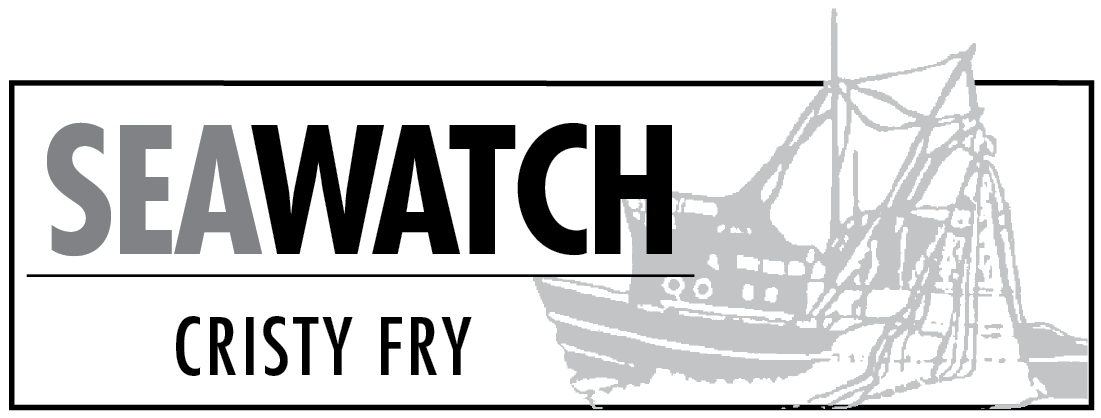Red king crab fishermen in Nome parked their snowmachines today after a record harvest of around 95,000 pounds.
That eclipses the previous record harvest of 62,000 pounds set in 2013 and is 12 times the long-term average of 6,900 pounds.
The winter fishery takes place through the ice, and people ride snowmachines or drive pickups or four-wheelers, traveling anywhere from three-fourths of a mile to two miles or more offshore, according to Scott Kent, assistant area management biologist for the Alaska Department of Fish and Game.
Pretty much any kind of pot that will hold a crab ends up in the water, he said.
“Conical pots, trapezoidal pots, regular five-by-seven side loaders, dome shaped pots, you name it. It’s all over the place.”
The fishery is undergoing some changes after decisions made by the Board of Fisheries in March which set the quota as a percentage of the federal Bering Sea red king crab quota.
Originally the season was open from Nov. 15 to May 15, but with the changes pots would go in the water before the federal quota was set.
“The old dates wouldn’t have worked because you’d have a fishery going on before you knew how much you could actually take,” Kent said.
The Board of Fisheries changed the dates to after Jan. 15 by emergency order, closing April 30.
The earlier closing date was to help prevent pot loss, which was extensive last year.
More than 100 pots were lost during the 2014 winter season as a result of more pot gear being fished during spring ice retreat and intensive fishing effort being carried out on less stable ice expanses farther offshore.
Kent said there is more incentive to take chances, and more people on the ice. “The high price of crab is driving everything. They’re leap-frogging each other, and fishing expanses of ice that historically wouldn’t be fished because it’s too risky.”
Kent said the highest price paid was around $7.25 per pound, but Russian crab flooding the market and the smaller size of the Norton Sound crab drove the price down, and he said the average price will probably be around $6.75 per pound when all is said and done.
Kent anticipates there will be more regulatory actions taking place out of cycle next year. An agenda change request has been submitted to implement a pot limit.
Cristy Fry can be reached at realist468@gmail.com.


